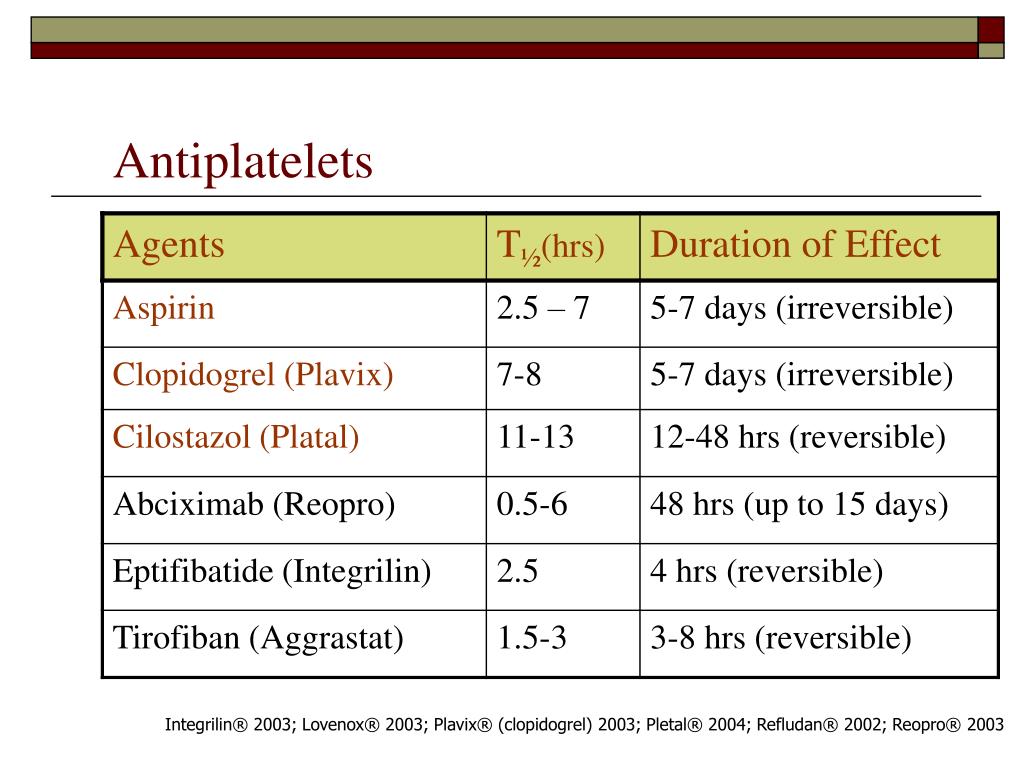

#ANTIDOTE FOR LOVENOX PLUS#
Critically ill patients often have several coagulopathies (e.g., thrombocytopenia plus supratherapeutic INR on warfarin)."Which would mean that the development time would be considerably shorter than having to do outcomes trials.Considerations when approaching anticoagulation reversal "What we heard was that if the drugs are reasonably safe and you can prove that they stop somebody from bleeding and they reverse the anticoagulant effect of these drugs that that may be a path forward," he said. How long it will take to get an antidote approved is unclear, but Kowey expressed optimism about the results of the meeting because discussions indicated that pathways might be available to get the antidotes approved without the need for large trials powered for outcomes like mortality. No antidotes have been approved for use with the NOACs, although several that are under development were described to attendees at the CSRC think tank, which brought together representatives from industry, academia, and the FDA. "If you could get it to 80%, you're still saving hundreds and hundreds of strokes every year," he said.


Overcoming the hesitancy of physicians like Ahmed by introducing antidotes to the NOACs could potentially increase the percentage of patients who receive appropriate oral anticoagulation therapy, Kowey said, although it's hard to say how much of an increase above 60% could be expected.

"Patients and family need to clearly understand the risk and benefit of frequent inconveniences of checking INRs and dietary and OTC restrictions with Coumadin versus rare chance of dying helplessly after an accidental bump or fall with the newer drugs."Īhmed noted that the risk of bleeding is especially concerning for older patients because of their elevated risks of balance problems and falling. "Bleeding on anticoagulation is real, though not common, and even a single bleeding death is too many," he told MedPage Today. Ali Ahmed, MD, MPH, a geriatrician at the University of Alabama at Birmingham, said that the main reason he doesn't use the NOACs in his older patients is because of the lack of antidotes.


 0 kommentar(er)
0 kommentar(er)
